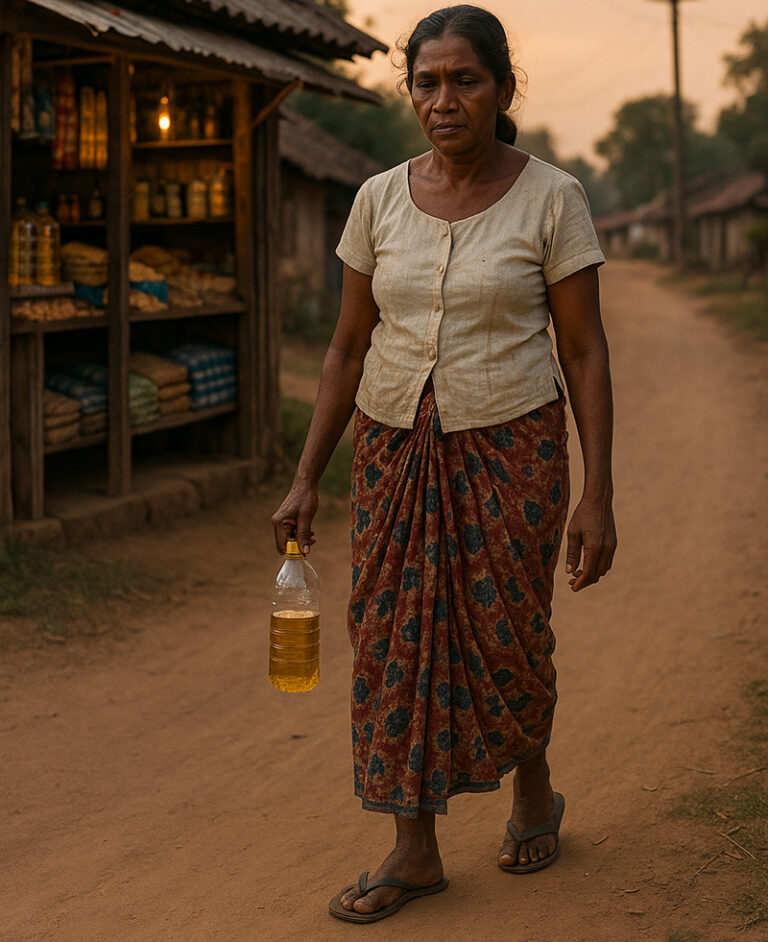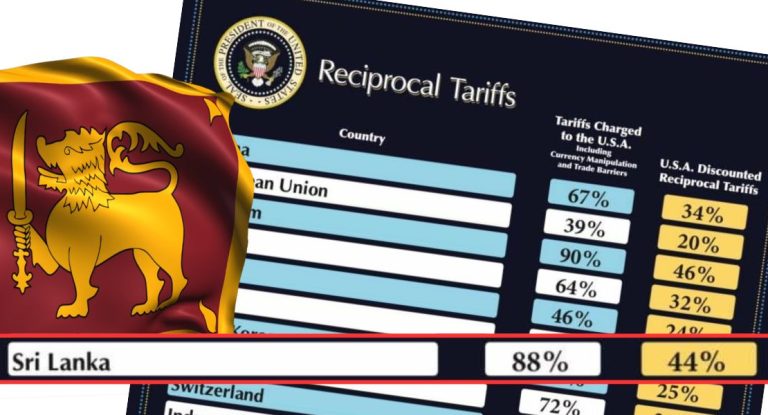The World Bank has pledged US$1 billion to support Sri Lanka’s economic recovery, focusing largely on private-sector-led investments that aim to create jobs and modernize key sectors such as energy, agriculture, tourism, and regional development. The funding package, to be delivered over three years, is expected to unlock significant private capital, especially in renewable energy and agribusiness.
For example:
$185 million for solar and wind projects aims to leverage $800 million in private investment.
$100 million for agriculture will help farmers adopt new technologies and attract private capital, benefiting over 380,000 people including 8,000 agri-food producers.
$200 million will support tourism through protecting natural and cultural assets and generating employment.
$200 million will go to regional infrastructure, with a focus on historically underserved areas like the Northern and Eastern Provinces.
World Bank President Ajay Banga, following his visit to Colombo, stressed the need for Sri Lanka to accelerate reforms and create space for private enterprise, noting a looming gap between the number of youth entering the workforce and the limited job creation projections.
However, the government’s current policy direction—anchored in state dominance—raises important questions about the compatibility of this development partnership. A key example is the suspension of the Urumaya programme, a progressive land liberalization policy introduced by the previous administration. Under Urumaya, farmers cultivating state lands under licenses were issued ownership deeds, enabling secure tenure, investment, and upward mobility.
The present government halted the programme, expressing concern that farmers may sell their newly acquired land and become agricultural laborers, which could threaten rural stability. This decision reflects a state-centric view of land and agrarian reform, possibly at odds with the private-sector-enabling approach favored by the World Bank.
Going forward, the government must reconcile its state-led development philosophy with the market-based framework of international financial support—balancing the need for equity and protection of rural livelihoods with the imperative of economic transformation and investment-driven job creation.







